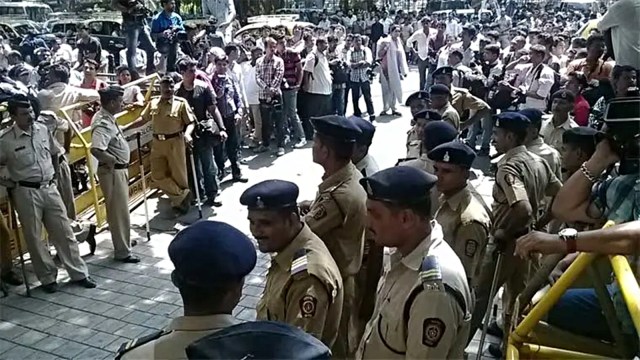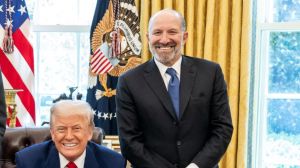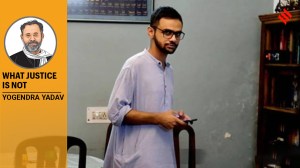In Aravalli, police launch drive to spread awareness about POCSO Act
The Aravalli Police launched the initiative on Monday by delivering a presentation on this to 400-500 teens in schools of Modasa.
 The Aravalli Police launched the initiative on Monday by delivering a presentation on this to 400-500 teens in schools of Modasa. (File)
The Aravalli Police launched the initiative on Monday by delivering a presentation on this to 400-500 teens in schools of Modasa. (File)Aimed at spreading awareness regarding the Protection of Children from Sexual Offences Act (POCSO) among teens in the 15-17 age category, district police in Aravalli on Monday launched a drive titled “Sanyam”.
“The Sanyam project was an idea of our superintendent of police, Shaifali Barwal, to protect adolescents by spreading awareness on POCSO. Every year, we register around 80 POCSO cases in our district. In 80-90 per cent of the cases, a boy above 18 falls in love with an underage girl. On not getting approval from their parents, they elope,” said Chintan Patel, Deputy Superintendent of Police, Aravalli-Modasa.
“If they get married, it is not accepted legally. By that time, we have already registered a complaint against the boy under IPC 362 (abduction) and POCSO case (due to complaint from the girl’s parents). Due to a lack of awareness, a boy in such a case can be jailed for 7-15 years. It is a very strict law,” he added.
Patel further emphasised that young lives get ruined in such situations. So they intend to spread awareness to help them make “informed decisions”. He also mentioned how unwanted pregnancy is one of the points they’re including in their drive due to the lack of sex education in the country.
The Aravalli Police launched the initiative on Monday by delivering a presentation on this to 400-500 teens in schools of Modasa. “We hope to reduce POCSO cases through this initiative and make children aware of the consequences of the law,” Patel underlined.
“Usually topics like these are not discussed in public, so we wanted to take the blunt approach with this project and present the ground reality as it is to the children,” he emphasised. “These types of cases are common in the tribal belts where they have a culture of marrying girls early. To combat that, we’re also thinking of forming a team and going to these schools in the remote areas to reach as many young people as we can,” he concluded.







